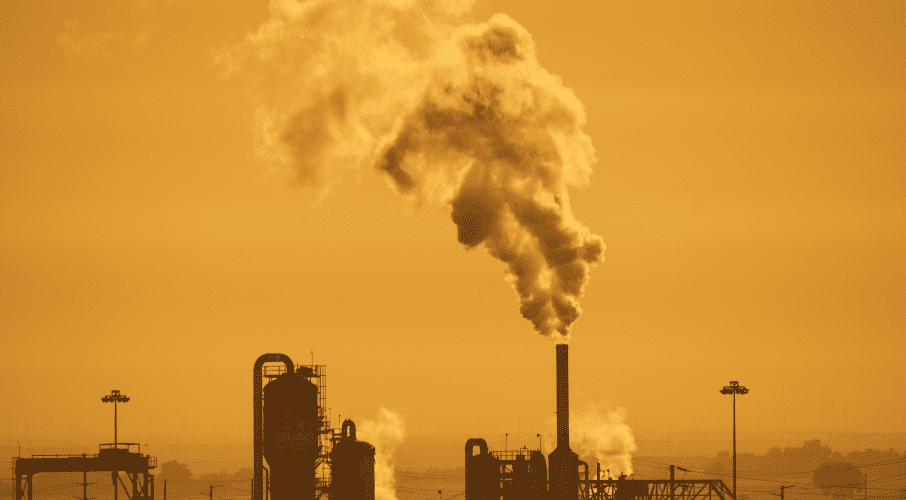This article originally appeared in the Financial Post. Below is an excerpt from the article, which can be read in full here.
By Jack Mintz, November 14, 2022
Public finance economists — myself included — have long argued that the best way to reduce GHG emissions is to impose a “price” via an emission trading system (ETS) or carbon tax. The idea is not new. British economist Arthur Pigou first proposed environmental taxes a century ago.
A Pigou argument for carbon pricing is based on both effectiveness and least economic cost. Businesses and households react to the price by adopting technologies or conservation practices to reduce emissions without any need for further political meddling in markets. As a bonus, recycling the revenues to reduce uncompetitive taxes such as the income tax results in a “double dividend” by improving both the environment and the economy.
The federal minister of natural resources, John Wilkinson, seems to agree — except for the double dividend bit: Ottawa gives its carbon tax revenues back to households in lump-sum transfers. But the minister is so sold on carbon taxes he’s willing to guarantee carbon prices in private-sector contracts and commit to paying penalties if the tax is cancelled — presumably in order to keep a future Poilievre government from doing just that. Legal issues aside, is it really smart to force a policy decision like this on future voters?
***TO READ THE FULL ARTICLE, VISIT THE FINANCIAL POST HERE***






